Review: Deborah Harry Does Not Like Interviews (2019)
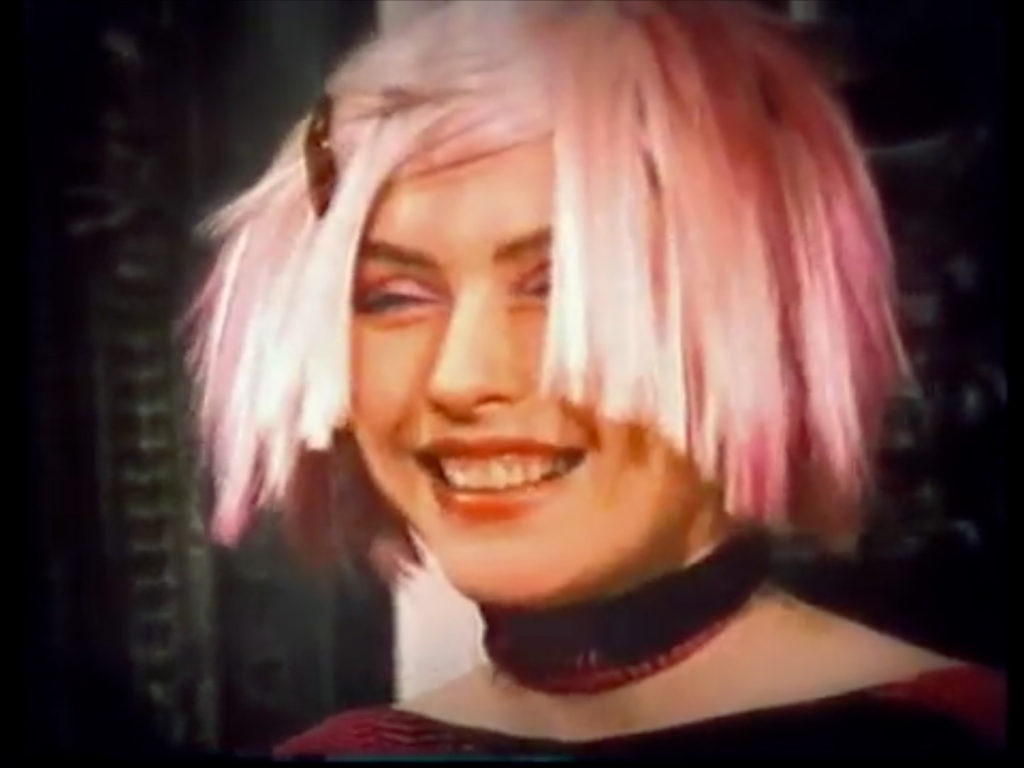
This archival biography film from Meghan Fredrich is fascinating viewing, not just for fans of musician, actor and writer Deborah Harry but for anyone interested in studying the mechanisms of mainstream media. Illustrated with a selection of 80s and 90s publicity interview clips, it shows how a simplistic, lazy and sexist narrative is collectively adopted and how an interviewee decides to react to it. In the interviews with and commentary on Harry, journalists and presenters keep recycling many of the buzzwords and phrases current at the height of her popularity. As Harry’s career progressed and there were periods of change, inactivity, and growing older, insensitive comments start creeping in about her popularity, age and appearance.
It is riveting to study both the interviewers and the interviewee in this film. While it is hardly surprising that the late night chat show hosts and music channel VJs keep to a tiresomely familiar surface-level narrative, there are also seasoned journalists who take the same approach but do so in an aggressively antagonistic manner. When Harry says she thinks it is “kind of preposterous” when asked what she thinks about being a sex symbol, the male reporter retorts “and yet there are sexual overtones to what you do onstage, you’re not exactly hiding it!”. Sue Lawley (hosting the BBC news and current affairs programme Nationwide) takes a less overt yet still confrontational approach in asking Harry such patronising questions as “is that a wig?” and “are you thinking of going into marriage or having children?”. But throughout Harry never breaks her cool, even if she displays the occasional sign of being taken aback or annoyed by the silliest or most passive-aggressive of questions. There is often a respectful answer or a witty retort, but what does begin to emerge is Harry’s mischievous deflecting techniques during these interviews. Sometimes she playfully does not answer, or pretends not to have heard what has been asked, or uses a reoccurring object to aid her in this evasion: a stuffed animal named Minkie. By doing so, she begins to turn the tables on the interviewers, shifting the awkward moments they generate away from her and back onto themselves as they squirm to keep the conversation going.
As one would expect the quality of the footage varies. Some of it is distorted through tape damage, being several generations removed from the original source, and some of it through the variety of analogue video formats being utilised. Fredrich uses this distortion to her advantage, making it part of the repertoire of jump cuts, white snow, and various video deteriorations that she employs in achieving a disorientating yet taut editing rhythm. The result is an incredibly effective illustration of how in many ways the media circus has changed very little in the last forty years and how an artist was able to navigate her way through this perhaps necessary evil.
Written, Produced, Edited & Directed: Meghan Fredrich
Colour & Sound: Brent Eveleth
Executive Producers: Meghan Fredrich and Brent Eveleth
Runtime: 17 minutes
Production Company: Public Interest Productions
Countries: United States
Language: English

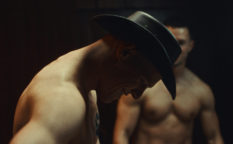
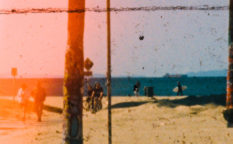
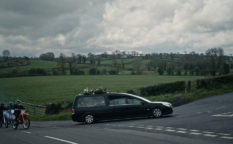
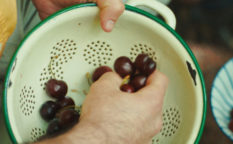












2019-09-12 @ 02:07
I agree with your thoughts and enjoyed reading your review. As a big fan of Debbie Harry, I thought this short film was clever and illuminating.